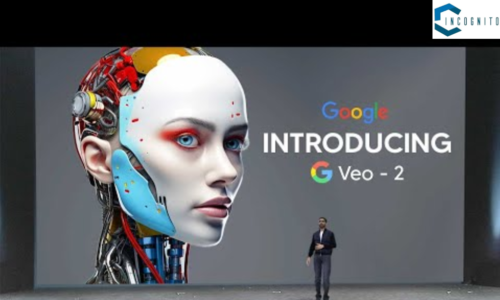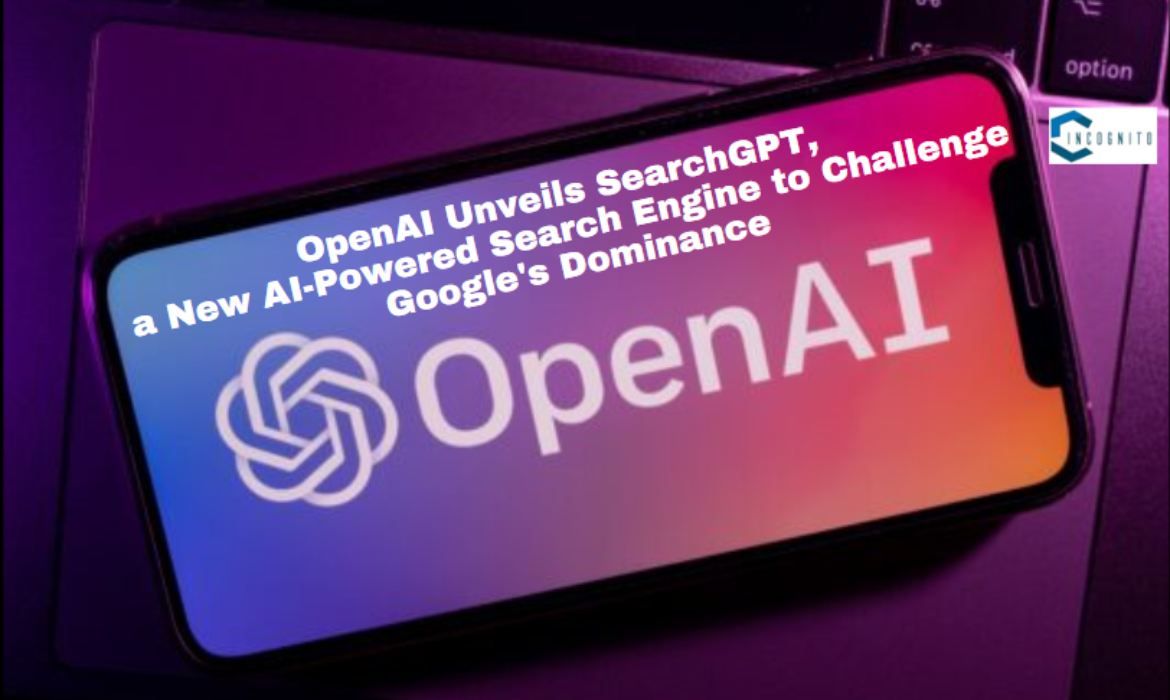
What could be the biggest event to shake up the Search space, OpenAI announced that it will launch SearchGPT, a next-generation AI-powered search engine designed for speed and accuracy in search results. The company led by CEO Sam Altman said it is testing SearchGPT as a prototype for the time being as it intends to offer new AI search features that ensure fast and relevant answers with sources clearly shown.
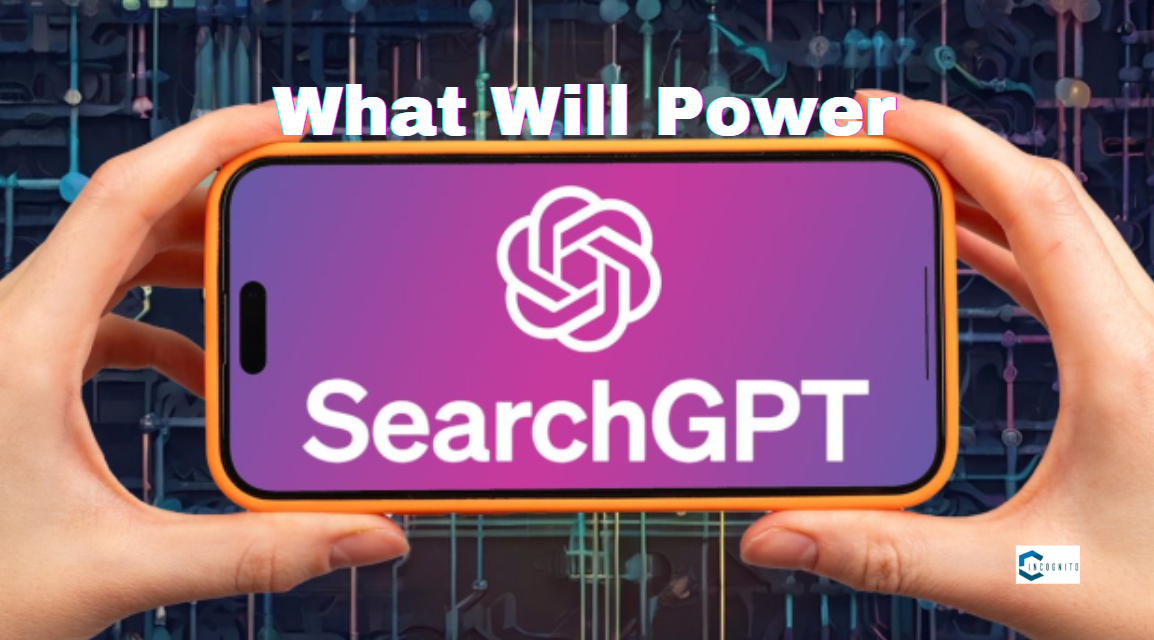
What will power SearchGPT?
What will power SearchGPT?
It aspires to effectively utilize the capabilities of AI models in retrieving information from the web while providing quick and relevant responses to users. At first, OpenAI will release the search engine with a limited number of users and publishers for feedback.
On the other hand, OpenAI has also commented that though this prototype is temporary, some of its best features will be integrated directly into ChatGPT in the future.
OpenAI said in a blog post, “We’re testing SearchGPT, a prototype of new search features designed to combine the strength of our AI models with information from the web to give you fast and timely answers with clear and relevant sources. We’re launching to a small group of users and publishers to get feedback. While this prototype is temporary, we plan to integrate the best of these features directly into ChatGPT in the future.”
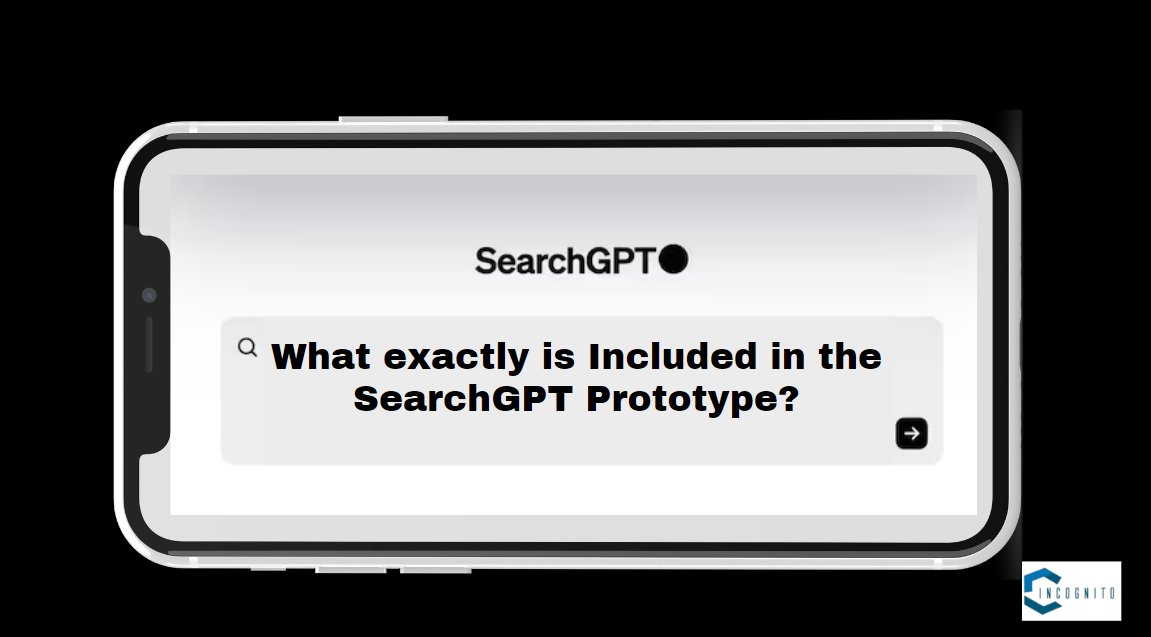
What exactly is Included in the SearchGPT prototype?
What exactly is included in the SearchGPT prototype?
The prototype includes:
- Conversational interface supporting follow-up questions
- Information retrieval in real-time from a wide array of web sources
- In-line attributions and links to original content
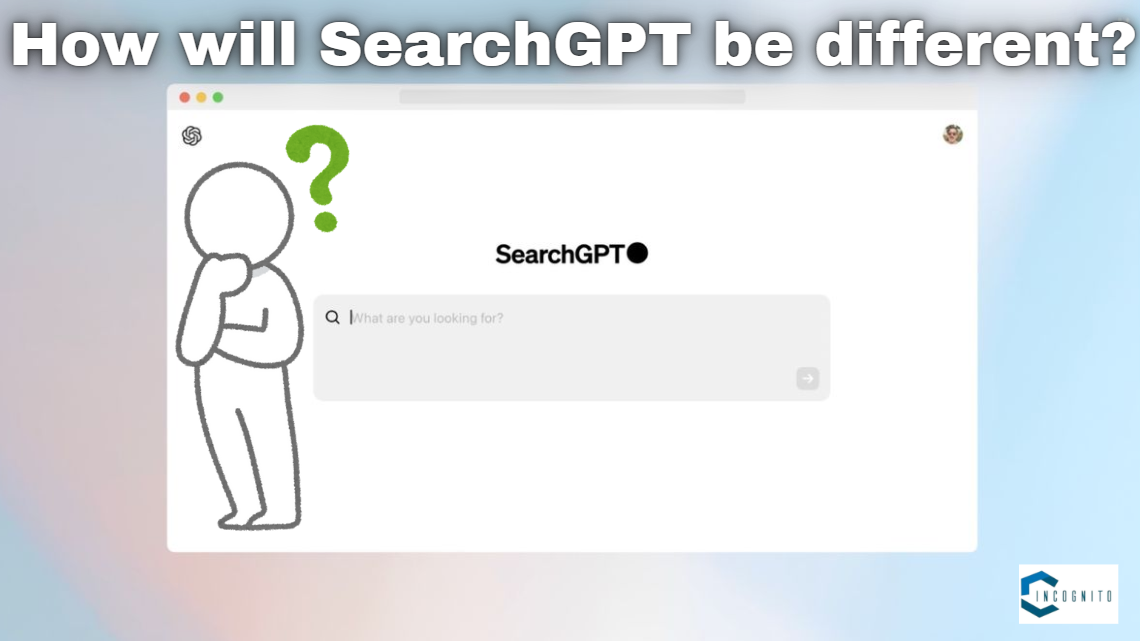
How will SearchGPT be different?
How will SearchGPT be different?
SearchGPT will make it much easier for users to engage with publishers by clearly citing and directly linking to those publishers in search results. Further, a user can ask follow-up questions in the very same window, enabling a conversational experience and shared context with every query.
According to OpenAI, responses will feature clear, in-line, named attribution, with links to make sure users know where the information is coming from. It will also make it easier for users to investigate further results via source links in a sidebar.
OpenAI said, “SearchGPT is designed to help users connect with publishers by prominently citing and linking to them in searches. Responses have clear, in-line, named attribution and links so users know where information is coming from and can quickly engage with even more results in a sidebar with source links.”
The company has recently reiterated its commitment to continuously improving the user experience, especially regarding local information and commerce.
SearchGPT Tool
OpenAI said it wanted to improve the SearchGPT tool in areas like local information and commerce and was seeking feedback. Interested users could join a waitlist so that they could be allowed to use SearchGPT.
OpenAI said in a blog post, “For decades, search has been a foundational way for publishers and creators to reach users. Now, we’re using AI to enhance this experience by highlighting high quality content in a conversational interface with multiple opportunities for users to engage.”
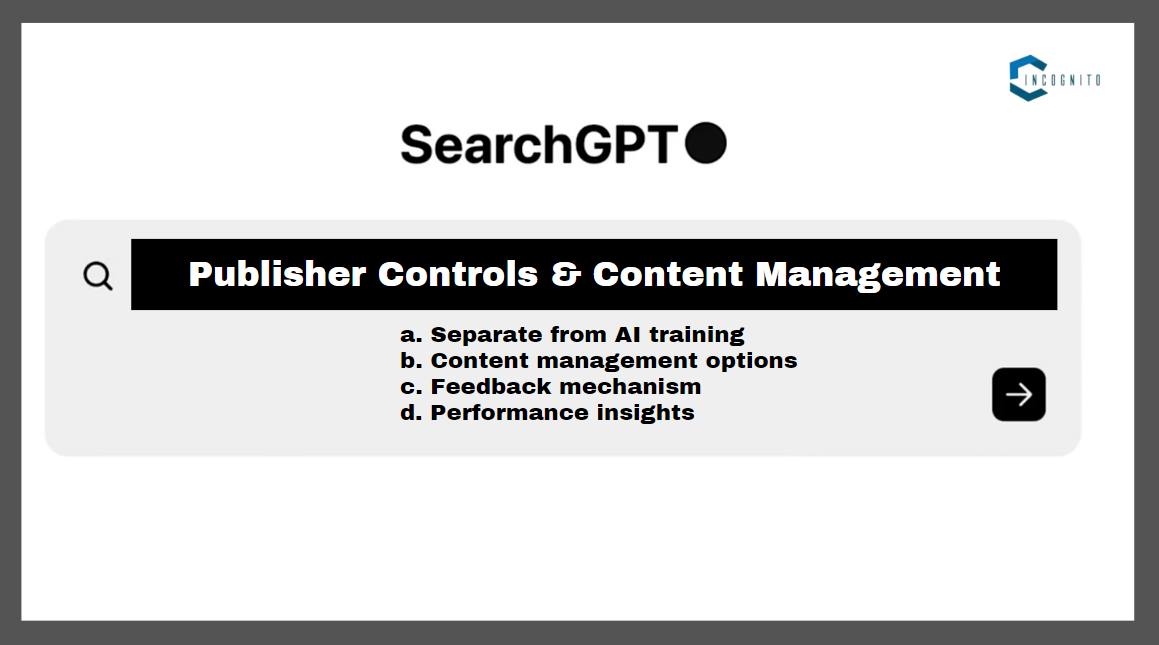
Publisher Controls & Content Management
Publisher Controls & Content Management
It’s also adding tools that let publishers control how their content shows up in SearchGPT, further giving them better control over their presence within the AI-powered search results.
Key points about the publisher controls:
- Separate from AI training: OpenAI parameters emphasize how the model used for SearchGPT differs from what is being trained with its generative AI. Even if a site opts-out of the AI training data, it can still show up in the search results.
- Content management options: This provides an opportunity for publishers to have a say on how their content is rendered and consumed through SearchGPT.
- Feedback mechanism: OpenAI has shared an email address, publishers-mailto:feedback@openai.com, through which publishers may provide their feedback or express their views.
- Performance insights: It will tell publishers how their content is faring in the AI search ecosystem.
These are some of the tools OpenAI is working on to respond to the ongoing debate on AI’s usage of web content and address the prevailing misgivings over infringement on intellectual property rights.
Conclusion
SearchGPT launch shows OpenAI’s commitment to improving ChatGPT and further delivering additional real-time web. Being a prototype, it may often provide incorrect responses, just like when Google told people to put glue on pizza. It’s hard to say exactly when SearchGPT will be launched, but by the pace at which OpenAI is going, that isn’t far.


